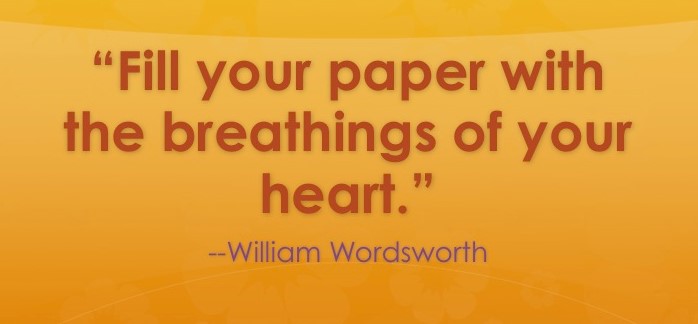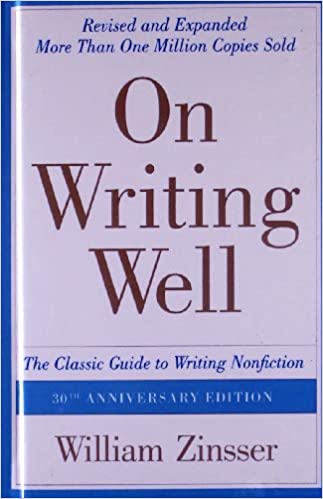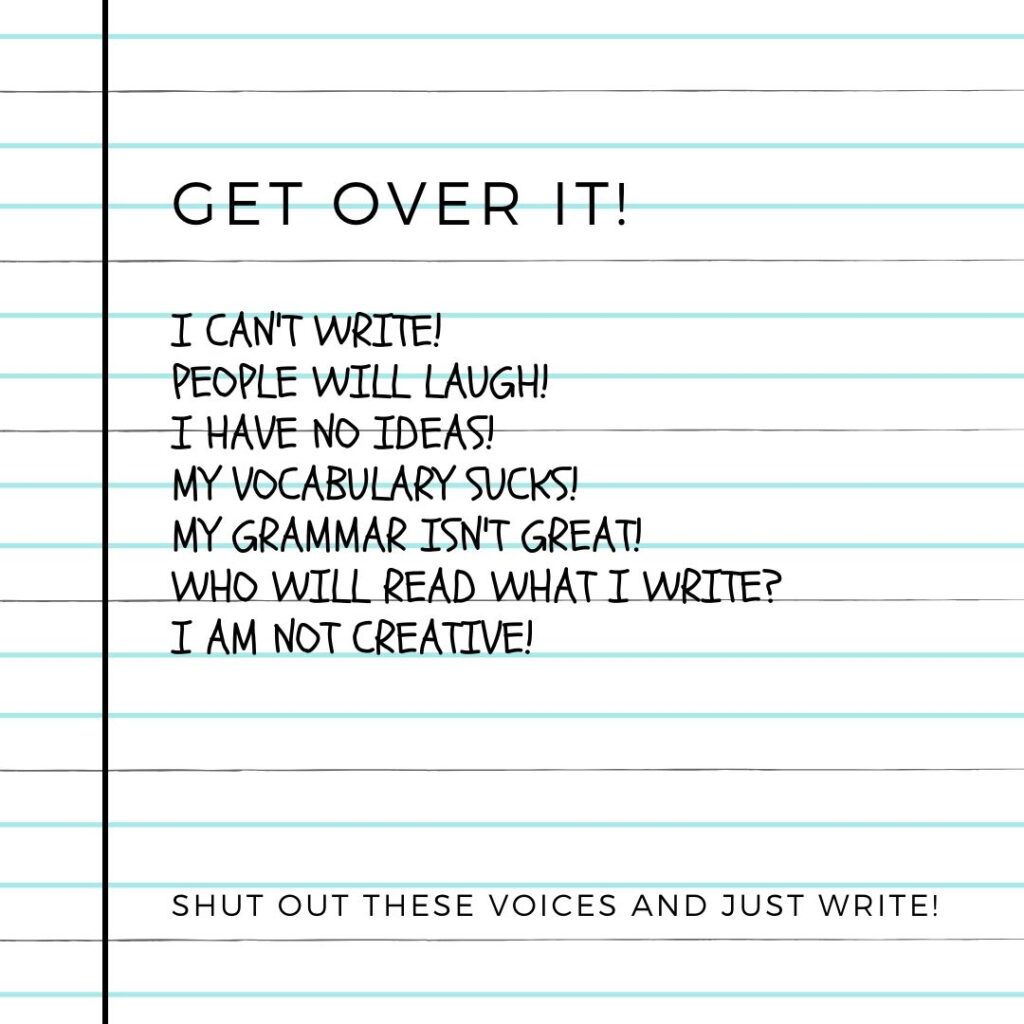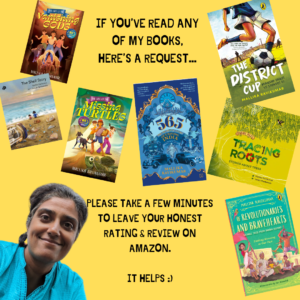In light of an unprecedented lockdown across the world, many parents are faced with the challenge of finding engaging ways of keeping their children occupied.
Ever since I was young, writing has been the one constant for me – in sickness and in health, in good times and in bad. It is said that writing about joyful experiences for just 3 days can lift people’s moods.
So I thought a post about writing, may help those looking for ideas and inspiration – for this period of lock-down and beyond.
If you/your child want to try your hand at Creative Writing, I’m hoping this series of Posts with simple tips and ideas can get you started.
I’m going to break this down into parts so its easier to digest and work around.

WHAT CAN I WRITE?
Well, you can writing anything! But just to break it down, perhaps you can think about –
- A Diary – A journal of your personal experiences is a good way to get the flow. You may have your own unique perspective to this lock-down. Children may have their own anxieties that grownups sometimes may not understand. Or perhaps there is something they wish to express. Pour that out on paper. Remember, nobody needs to read it, if you don’t want them to. Be honest. Writing can be cathartic.

- Fiction – Stories are liberating. They help you escape from reality into a world beyond. If you have a story inside you, try getting it out. There are different categories of fiction from Fan Fiction (umm…like lets say Harry Potter set in Ladakh) to Mysteries (The Famous Five and so on) or Fantasy Fiction (the Percy Jackson sagas) to Romance (Ugh…the vampire kinds too!) to Historical Fiction (a spy thriller set in a Mughal court). Pick what you like to read. That way, you will enjoy what you write.
- Non Fiction – Writing about the real world. This need not be boring or text-book like. You can make it interesting by weaving in elements of fiction, such as dialogue and setting. Creative or Narrative Non Fiction is a writing style I enjoy the most – and you can explore that too.
- Poetry – And of course there is poetry. Don’t assume it’s too sophisticated or lofty to give it a try. You may surprise yourself.
HOW DO I START?
Start by asking yourself these questions
- What do I like to read?
- What topic interests me?
- What do I wish to say?
- Whom am I writing for?
These basic questions lead to clarity.
For instance, if you like to read Historical Fiction or if Science interests you, there is no point writing Fantasy merely because everyone is reading it.
Or if you want to express your fear for your grandparents health in light of the corona virus pandemic, perhaps your emotions will guide you better to write a story set in that situation rather than attempting a joyful fairytale.
If you are writing a personal diary to vent your feelings, you don’t need to worry about what the world will think. On the other hand, if you are writing for others to read and appreciate your work, you may have to keep in mind how others will receive your work.
Knowing your purpose and your target audience is the first step to writing. It will also help you decide what to write.
TIPS BEFORE YOU GET STARTED
I read a lot about Writers and Writing. One of the best books on Writing I’ve come across (I’d recommend this highly for adults who want to write) is On Writing Well by William Zinsser. It is one of the best guides to polish your skills at becoming a better writer.

Zinsser lays down four pillars of good writing. I”ll share it in short here.
- Clarity – Cut out the jargon. Keep it clear and lucid. Beating around the bush is a sign that the writer doesn’t know what he/she wants to convey. If your writing isn’t clear, says Zinsser, you might as well not write!
- Simplicity – Unlike what they teach in essay writing in school, verbosity is not the hallmark of good writing. The simpler the better. Zinsser says the more educated one is, the more pompous and pretentious their writing tends to become. Beware of the need to show off your vocabulary. Keep it simple.
- Brevity – Use one word instead of three. One sentence in place of a paragraph. Edit. Cut out needless adverbs and adjectives. Avoid repetitions. This is particularly useful in this time of short attention spans. Zinsser thinks nearly 50% of one’s writing can be cut out, leaving the meaning intact. Try it.
- Humanity – Perhaps the most important of all – write with empathy and emotion. Let the reader feel. Make the reader care about your story, your characters. If they can’t feel the emotions of the character, the story will fall flat. Write from your heart. Be yourself.
To this I will add the absolute cornerstone for good writing – Reading. Rather than putting it in my words, I’ll share the advice of a master-writer.
If you don’t have time to read, you don’t have the time or the tools to write. Simple as that!
Stephan King
GET OVER THIS!
There are many fears and ideas that keep one from writing. Such as
- I am not creative;
- I don’t have any ideas;
- People will laugh at what I write;
- My vocabulary isn’t that great;
- My grammar and punctuation is all messed up!
- Who will ever read what I write?
If your mind is telling you these stories, shut them out for a while and just try. Believe me, I have had my own insecurities as a writer. And reading about other writers has made me realize that some of the world’s greatest writers have had similar fears.

Seize the moment, shut out those worries and just write.
TRY THIS!
In the next post, I shall break down the fundamentals of writing fiction along with some Indian approaches. I hope to also share some of the most valuable tips I have learnt as a writer as also some resources that might help you get started.
In the meantime, I’d suggest you try this exercise. It’s called Free Writing.
Free Writing is an exercise one is asked to do in a Creative Writing Class to get the flow. All you have to do is pick up a pen and paper and start writing. Anything that comes to your mind – they may be random thoughts, incomplete sentences, vague memories – just about anything. It could be completely disconnected. It need not make sense at all. It may be nasty, crude, violent. Or happy, joyful, peaceful. Just about anything that pops into your mind.
All you need to remember is – Don’t stop till you have finished a page or two.
This writing is not conscious. It is your sub-conscious taking charge. This is what is floating about in your deeper mind. Oftentimes, the conscious mind shuts these random thoughts out.
The conscious mind is a task master. It demands coherence. It imposes reason. It wants to be judged well. It seeks to be politically correct and polite. The sub-conscious has none of these constraints and will throw at you honest, unfiltered thoughts and ideas. This is a way to grab them.
Once you’re done, read what you have written. Perhaps there is a story there. Perhaps a sequence you can string together. Perhaps it is not so random after all?
Well…if you can’t string them together…no worries. Try it again. At best, you have the ingredients of a story. At worst, you’ve got your creative juices flowing and connected with your sub-conscious 🙂
And Hey! If your free writing exercise or a conscious writing attempt results in something you’d like to share, do write in to me. I’d love to take a look!
SIGN UP TO THE MONTHLY NEWSLETTER TO STAY POSTED

